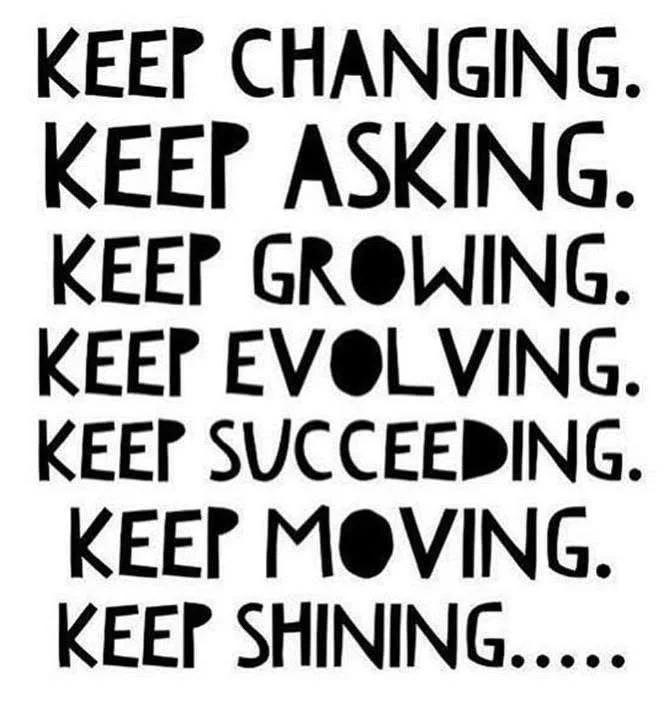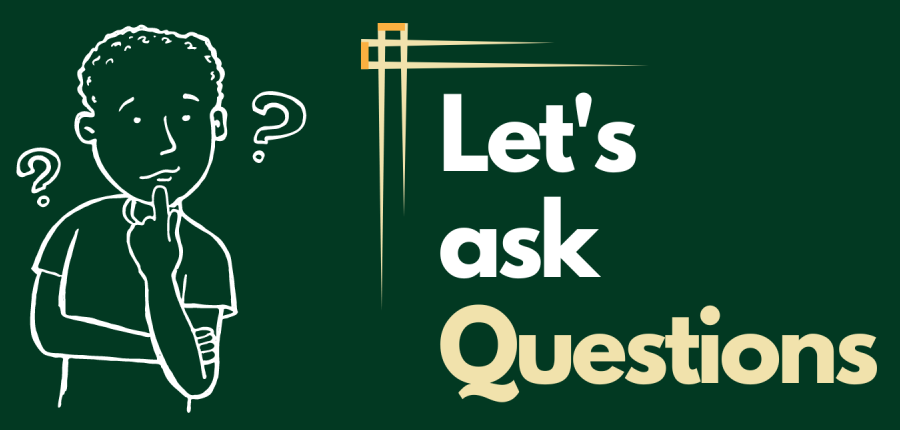When coaching, being fully present in the conversation with the client is essential. It's about having natural, authentic, and meaningful interactions that truly make an impact. Coaching isn’t about asking the most clever questions or simply helping the client find a solution, it’s about focusing on the person, not the problem. The goal isn’t to "fix" a problem but to engage in a co-creative process that empowers the client to discover their own path forward. By partnering with the client in a thought-provoking and creative dialogue, we inspire change and help them maximise their potential.
Models and frameworks don’t change lives; coaching does. Transformation happens one conversation at a time, and the real value lies in the coaching process itself. It’s not about showcasing expertise or using impressive tactics and techniques. I think true coaching is about having a genuine, authentic conversation in the moment, letting go of preconceived judgments and ideas to create a space for meaningful, human-to-human interaction. Ultimately, we are coaching the person, not the problem. Do you have a coach? Contact me via email for a “free” 30-minute confidential discovery meeting, and let’s explore how coaching can help you reach your full potential.





















